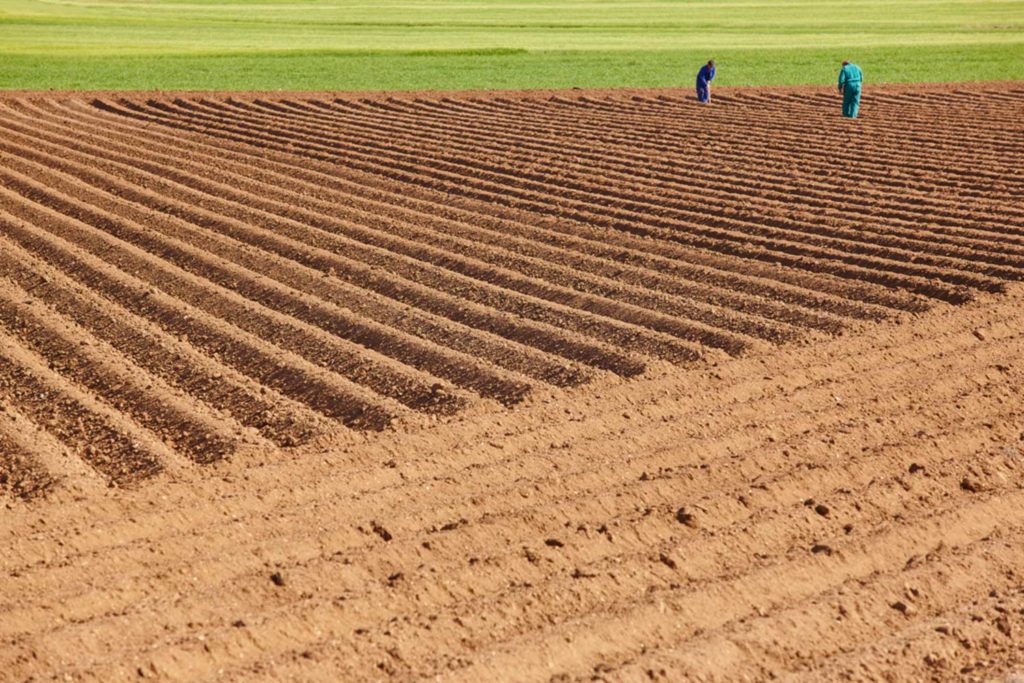Rural Territorial Tax: project can change form of calculation and collection
Draft Law 454/19, which determines new guidelines for the calculation of the Naked Land Value (VTN) for the collection of the Rural Territorial Tax (ITR), is being processed in the Parliament.
The project states that the VTN should follow the market price of rural properties from the table with average prices of land per city, and have an annual update. The table will be the responsibility of the Inland Revenue Service, containing information on the price of land, and its construction may count on the participation of the National Institute of Colonization and Agrarian Reform (Incra). The table will be made based on average prices of land per city, calculated on the first day of each year.
What is VTN?
According to art. 10, paragraph 1, of Law 9,393 / 96, which provides for the Rural Territorial Tax, the Value of Naked Land (VTN) is the value of the property, excluding the amounts related to:
- a) constructions, facilities and improvements;
- b) permanent and temporary crops;
- c) cultivated and improved pastures;
- d) planted forests. Currently, this law defines that the prices of rural properties observe a city survey.
According to the authors of the project, the current law is not effective precisely because of the inability of most townships to carry out the city survey with efficiency, objectivity and regularity. Thereat, many landowners take advantage of the “subjectivity of the current situation to undervalue their land” (Mr Valmir Assunção / PT-BA).
The idea of the project is to end this subjectivity in the evaluation and promote the same land price bases for consultation by the rural owners for the ITR statement. In addition to calculating the ITR, information on the value of land will also be used for the Rural Environmental Registry (CAR), provided for in the Forest Code (Law 12.651 / 12), and must coincide, under penalty of fine. Also read: CAR can be used to report area exempt from ITR.
Processing
The proposal is being processed conclusively and will be analyzed by the Commissions on Agriculture, Livestock, Supply and Rural Development; Finance and Taxation; and of Constitution and Justice and Citizenship. The project is awaiting Appointment of Rapporteur in the Committee on Agriculture, Livestock, Supply and Rural Development (CAPADR). The entire content of the project can be consulted on the website of the Parliament.
Source: GEOeduc
